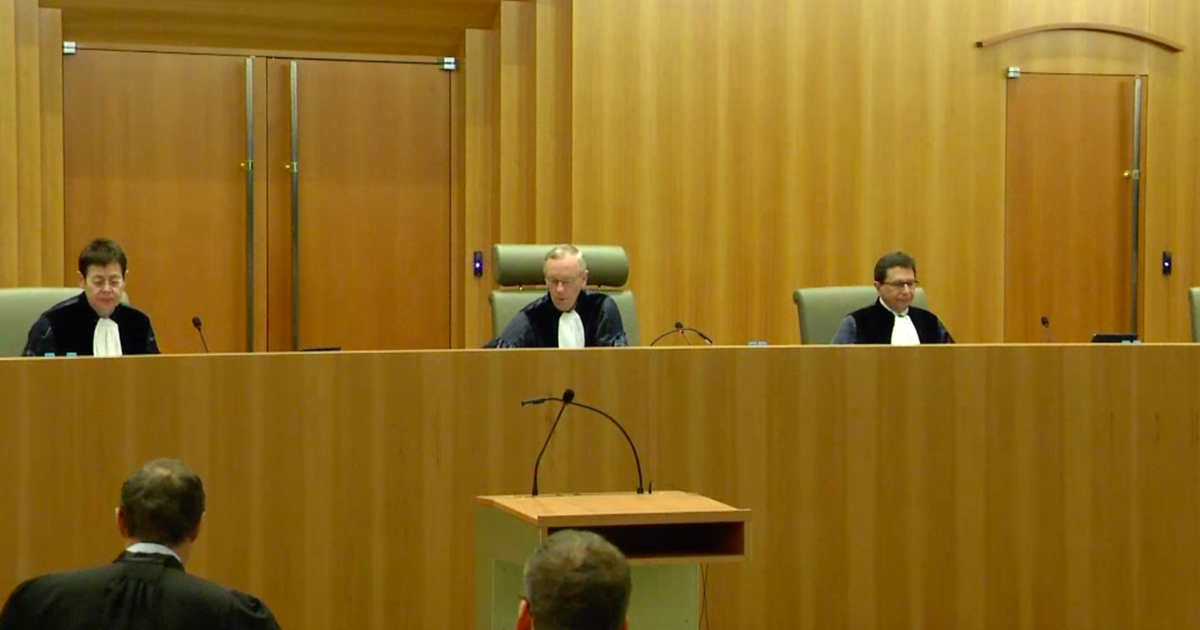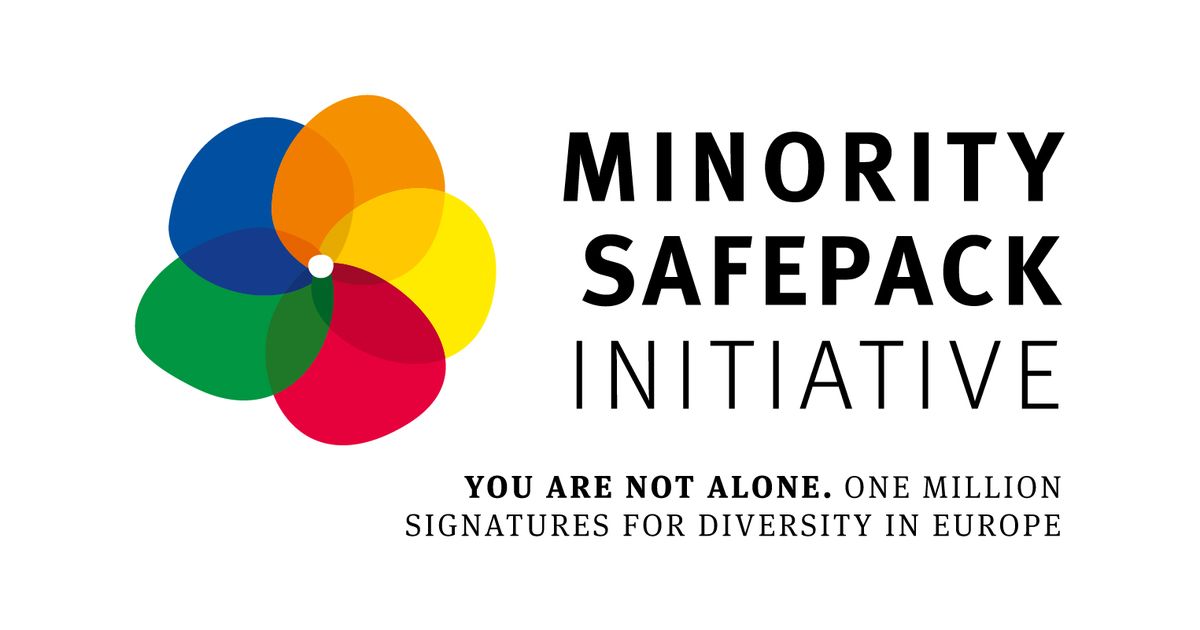
First judgment in a European Citizens’ Initiative case
01.10.2015Summary
The European Court of Justice issued its first judgment on a European Citizens’ Initiative. It decided against the initiative “For a Europe of Solidarity”. This initiative has a completely different subject than the Minority SafePack Initiative, but the judgment nevertheless contains a number of interesting aspects. The Court finds that the European Commission has an obligation to state very clearly the reasons why it rejected a proposal. Once their proposal to use this high-praised instrument of direct democracy, is rejected, the citizens have a right to receive a well-founded reasoning for this rejection.
FUEN thinks that there is a good chance that the rejection of the Minority SafePack Initiative – the initiative of the autochthonous national minorities in Europe – does not fulfil the criteria set by the Court. That alone could be enough to annul the rejection decision of the Commission, aside from the other points where FUEN and the European Commission have a difference of legal opinion. We therefore look forward to see how the Court applies these rules to the case of the Minority SafePack Initiative.
Some other positive developments took place in the European Parliament this week, where the Members will vote on a report with recommendation for a reform of the European Citizens’ Initiative rules in October. The Parliament wants the ECI to become more effective and more citizen-friendly and that a number of practical problems will be solved.
The Minority SafePack Initiative, which was submitted by a high-level citizens’ committee in July 2013, was rejected in September 2013 and has since been pending before the European Court of Justice in Luxembourg. FUEN expects that the hearing that precedes the judgment will not take place before the end of 2015.
The European Citizens’ Initiative Minority SafePack is the most important initiative in the field of the European minorities in the past years.
European Court of Justice
The European Court of Justice gave a judgment yesterday in the first case concerning a European Citizens’ Initiative (ECI). The initiative “For a Europe of Solidarity” calls for European rules regulating that government debt will be put aside when countries are in “a state of necessity'', i.e. when their health and education systems, as well as their wages and pensions are collapsing. In May, FUEN visited the court hearing on this case.
The action to repeal the decision of the European Commission was rejected by the Court, but the judgment contains some interesting guidelines on the reasons that the European Commission has to provide if it decides to reject a proposed European Citizens’ Initiative. The Court underlined that the citizen proposing an ECI has to be able to understand for which particular reasons the European Commission did not registered that proposal. Especially in cases where a proposed initiative contains detailed and specific descriptions, the European Commission has an obligation to state very clearly the reasons why it rejected the proposal.
There is a good chance that the reasoning of the Commission does not fulfil the criteria set by the Court in the case of our own Minority SafePack Initiative - One million signatures for diversity in Europe. In the court case of yesterday the ECI-proposal was much less detailed and the Commission’s rejection more elaborate, so that the arguments of the initiators were quashed by the Court.
Report by the European Parliament
Meanwhile the European Parliament is also working on proposals to improve the European Citizens’ Initiative. Since the beginning of the year the Parliament has dealt with the issue. In February FUEN was one of the organisers of an ECI who were given the chance to present the case of their European Citizens’ Initiative at a hearing in the Parliament in Brussels before the members of the Constitutional Affairs and Petition Committees. The Parliament wants to remove obstacles and improve the effectiveness and user-friendliness of the ECI. Since 2012, more than 40% of the ECIs have been rejected and the appetite of launching an ECI has significantly dropped; currently there only 3 active initiatives.
Most Members of Parliament have understood the dramatic situation and the message this radiates to the European citizens. The ECI was thought to be an instrument to strengthen the democratic legitimacy of the European Union; instead it has destroyed trust, since no ECI so far – not even the ones that succeeded and collected more than 1 million signatures – has been followed up by legislative action by the European Commission. On 28 September the Constitutional Affairs Committee voted on the report by Mr Schöpflin MEP, and it was adopted unanimously.
There are several important recommendations in the report that touch on issues that are also of importance for the Minority SafePack Initiative.
Issues that were raised by the Parliament are the reasoning provided by the European Commission in case of refusal, and the many complaints of organisers about this. The Court case of yesterday has given already some guidance in this regard. Also the role of the Commission in the ECI-process is questioned by the Parliament: the Commission decides on registration, manages the registration process and decides in the end on the political follow-up. This might lead to a conflict of interests.
The Parliament invites the Commission to consider the registration of initiatives that only for a part fall within the competences of the European Commission. Further recommendations are made in relation to the conditions, the data-requirements, the time-schedule for the collection phase and the legal position of initiators of ECIs. The Parliaments also wants that citizens have the option of using one’s mother tongue, as this is encouraging citizens’ participation.
It is expected that the final report will be adopted after a final plenary debate in the European Parliament in October this year. Also the Council of the EU will elaborate its position, before the European Commission will come up with a proposal for a revised ECI Regulation, probably by early 2016.
FUEN and the Minority SafePack
FUEN legal advisor Frank de Boer, who is involved in the court case on the Minority SafePack Initiative currently pending in Luxembourg, expects that both the judgment of today and the developments in the European Parliament will have an effect on the outcome in the Minority SafePack Initiative-case.
“Today, we have seen that the Court is looking closely into the arguments that are used to reject an proposed European Citizens’ Initiative. The citizens who propose an ECI should understand why their proposal was rejected, and the Commission is under the obligation to provide a detailed reasoning, which it certainly did not do with the Minority SafePack Initiative.”
He also praised the European Parliament for addresses some urgent problems in the current setup of the ECI:
“FUEN is glad that the Parliament took up several of the problems where organisers of the ECI have run into. We hope that once this report is adopted, also the other institutions will start working on a genuinely effective and citizens-friendly European Citizens’ Initiative.”
FUEN expects that the hearing for the Minority SafePack Initiative at the European Court of Justice will take place by the end of this year, or in the beginning of next year. After the hearing it will probably take approximately three months before the final judgment will be announced.

SAJTÓKÖZLEMÉNYEK
- New secretariat in the Polish parliament supports national and ethnic minorities
- FUEN calls for the inclusion of the Ladin language at the 2026 Winter Olympic Games
- FUEN Urges UN Special Rapporteur to Advocate for a Coherent EU Minority Protection Framework
- FUEN wishes you a peaceful Christmas season, restful days and a bright, hopeful start to the new year!
- FUEN calls on the EU to act over systematic ethnic-based land confiscations in Slovakia
- Women of Minorities conference in Budapest calls for structural change to ensure equal political participation of minority women
- FUEN President Olivia Schubert at UN Forum on Minority Issues in Geneva
- "Laboratory of Peace": 28th Seminar of Slavic Minorities held in European Capital of Culture Gorica/Gorizia
- Equality in Political Participation and Representation: Third “Women of Minorities” Conference to Be Held in Budapest
- FUEN Working Group on Education discusses challenges and future of minority schooling in Europe














